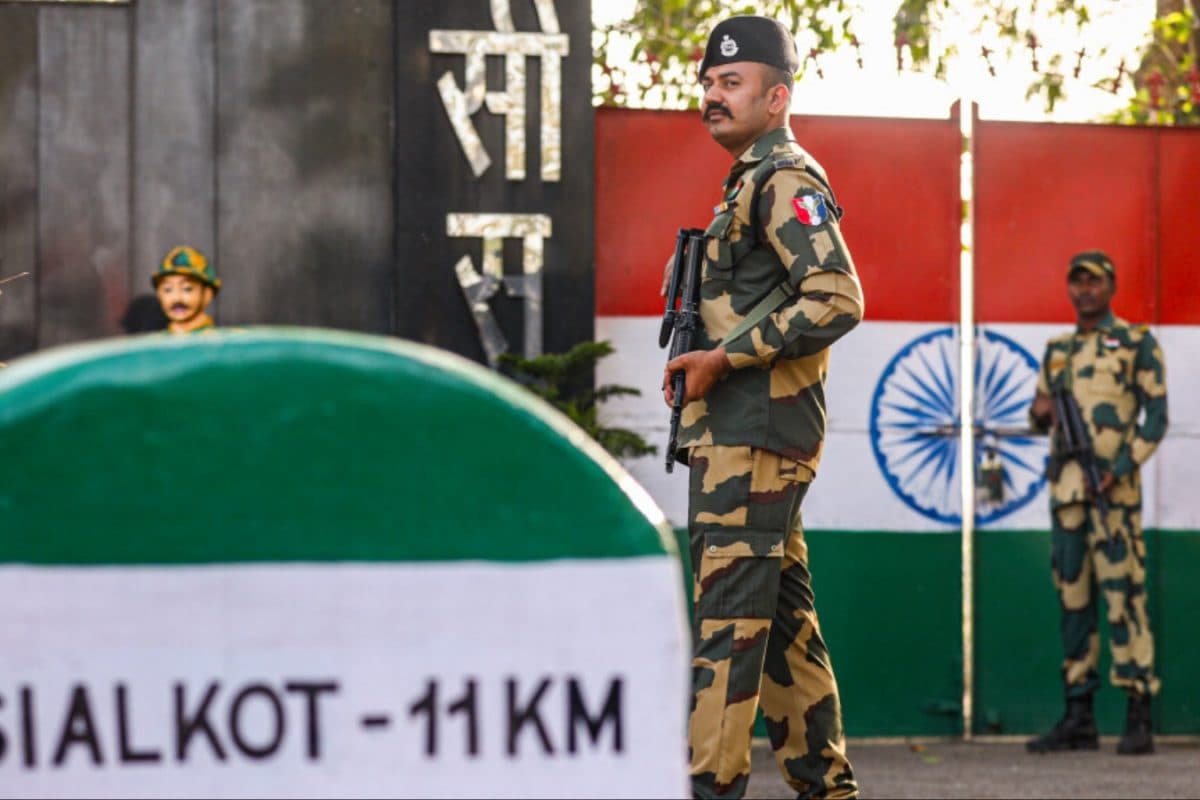

The Ministry of Home Affairs (MHA) has contested a recent order by the Jammu and Kashmir High Court regarding the repatriation of a Pakistani woman who was deported following the Pahalgam terror attack. The MHA asserts that decisions concerning deportation fall under the purview of the government, not the judiciary, especially in the absence of an extradition treaty between India and Pakistan.
Rakshanda Rashid, a 62-year-old housewife, had been residing in India for 38 years on a Long-Term Visa (LTV). Following the April 22 Pahalgam terror attack, which resulted in 26 fatalities, the MHA cancelled the visas of all Pakistani citizens and instructed them to leave the country by April 29. While this order exempted those with long-term visas and Pakistani women married to Indian citizens, Rashid was deported despite falling into both categories. She had been married to an Indian citizen and living in Jammu for nearly four decades, with her LTV renewed annually. Rashid had also applied for Indian citizenship in 1996, but her request remained pending.
The Jammu and Kashmir High Court, in a June 6 order by Judge Rahul Bharti, directed the Union Home Secretary to facilitate Rashid's return to India within ten days. The court emphasized the importance of upholding human rights and questioned the legality of her deportation, especially considering her LTV status. Justice Bharti noted that Rashid's husband claimed she suffers from multiple ailments and lacks support in Pakistan. The court directed the Ministry of Home Affairs to coordinate her return from Pakistan within ten days and facilitate her reunion with her husband in Jammu. A compliance report was to be submitted by July 1.
Rashid's daughter, Fatima Sheikh, stated that her mother was compelled to leave India on April 29 after the police distorted facts. According to Sheikh, the family had applied for a long-term visa extension in January, but the "leave India" notice cited a March 8 application date. She also mentioned receiving an email from the Foreigners Regional Registration Office (FRRO) on April 26, indicating that the application was being processed, yet her mother was deported three days later.
The MHA has filed a Letters Patent Appeal before a division bench of the High Court against the June 6 order. The ministry argues that marriage to an Indian citizen does not automatically guarantee residency under Indian law. They also express concern that allowing courts to decide deportation cases could set a problematic precedent and affect national security regulations.